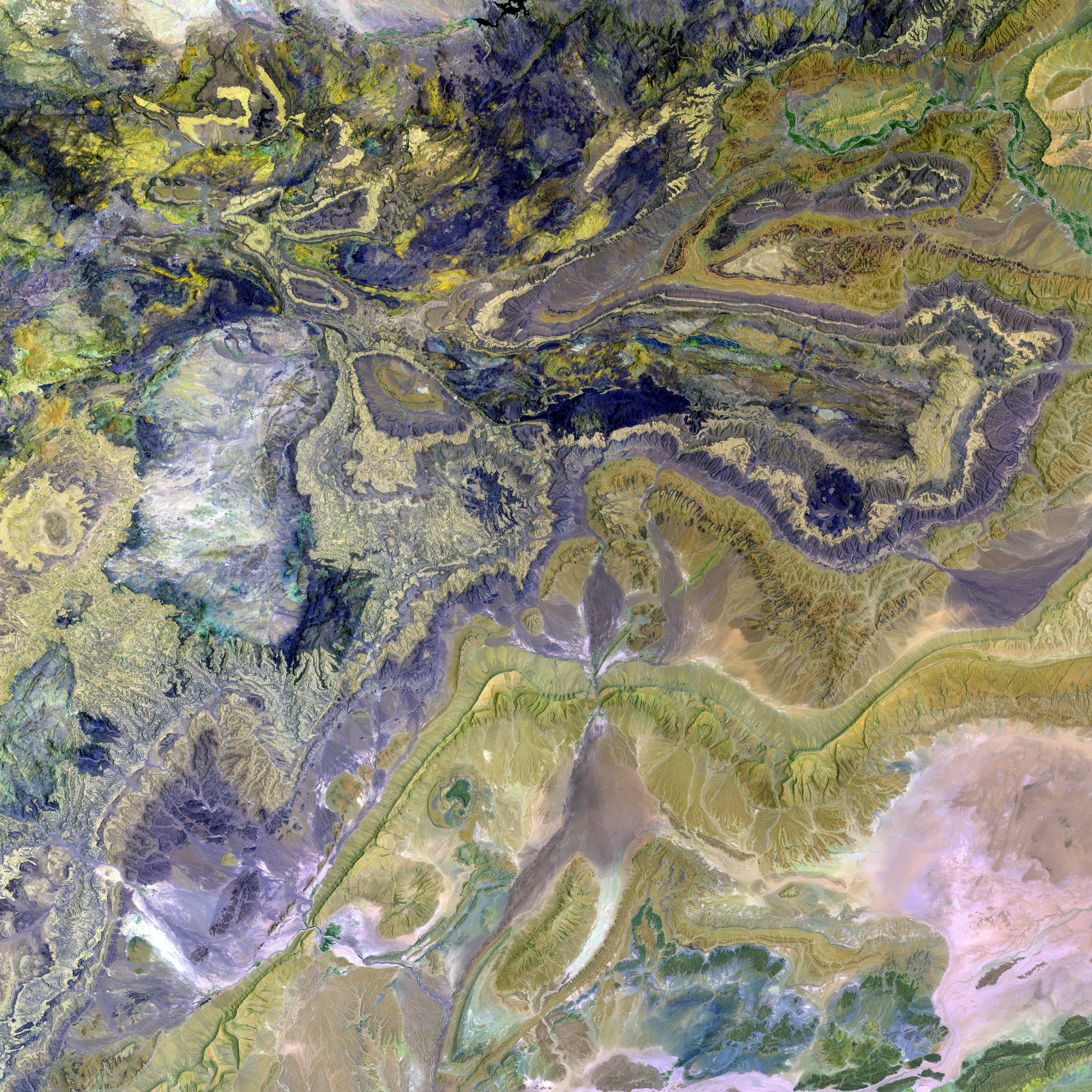Wolves on the Decline: EU Parliaments Loosens Protection Rules
EU legislature authorizes increased hunting of wolves
In a controversial move, the European Parliament has voted to reduce the Wolves' protection status, altering their status from "strictly protected" to "protected." This decision, contentious from the get-go, has been under scrutiny as it comes in response to wolf attacks on livestock across various EU countries.
This shift has received a mixed response. The Parliament's goal is to offer more adaptable wildlife management, aiming to minimize clashes between the growing wolf population and humans in regions predominantly relying on livestock farming. This transition is designed to address locals' concerns regarding their livelihoods and wolf-related menaces.
However, this decision has sparked furious debates among conservationists, scientists, and politicians. Critics argue that the change in wolf status is rooted in political interests rather than concrete scientific evidence, potentially reversing decades of conservation efforts. Opponents fear that this decision could lead to increased hunting and persecution of wolves, posing a threat to their populations.
Supporters of the change stress that it will provide for more region-specific management techniques and could help alleviate genuine human-wildlife conflicts. They maintain that wolves are essential for keeping ecosystems balanced and that current coexistence tools have yet to be fully exhausted before taking such a step.
It's worth noting that member states still have the leeway to enforce stricter protections for wolves at a national level if they deem it necessary for their conservation. This law will take effect 20 days following its publication in the EU Official Journal, giving member states 18 months to comply.
Balancing Act
| Aspect | Proponents' View | Critics' View ||----------------------|---------------------|--------------------------|| Protection Status | Encourages flexibility | Undermines scientific evidence || Role in Decision-making | Pragmatic solutions to conflicts | Conservation-oriented approach || Impact on Wolves | Reduces persecution | Could trigger population decline || Flexibility for Member States | National laws may be stricter | National laws may not mitigate risks |
This decision shines a light on the ongoing debate between upholding conservation goals and addressing rural communities' concerns. As wild wolves continue to expand their range, finding a balance between these competing interests promises to be a challenging, delicate process.
- The EU Parliament's decision to loosen protection rules for wolves is a topic of intense debate among conservationists, scientists, and politicians.
- Critics argue that the change in wolf status is based on political interests rather than concrete scientific evidence.
- Supporters, however, believe this change allows for more region-specific management techniques to address human-wildlife conflicts.
- The community policy of the European Parliament aims to offer adaptable wildlife management and minimize clashes between the growing wolf population and humans.
- The Parliament's employment policy, as indicated by this decision, seems to prioritize the concerns of livestock farmers over conservation efforts.
- Under this new policy, member states still have the power to enforce stricter protections for wolves at a national level if necessary.
- The implementation of the new policy is likely to have an impact on science, specifically in the field of environmental-science, as it may reverse decades of hard work in conservation.
- The decision might also have financial implications (finance), as it could necessitate funds for developing coexistence tools between humans and wolves.
- On the other hand, some argue that the new policy could lead to an increase in hunting and persecution of wolves, which could have implications for space-and-astronomy, technology, education-and-self-development, entertainment, general-news, sports, and even weather, as ecosystems reliant on wolves could undergo significant changes.








